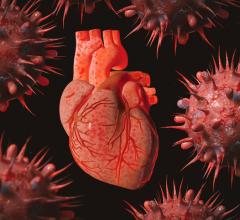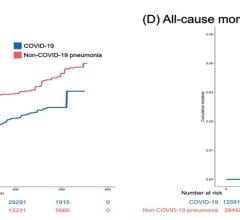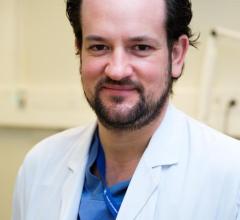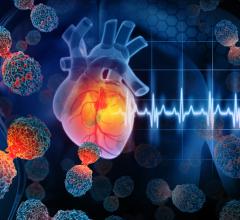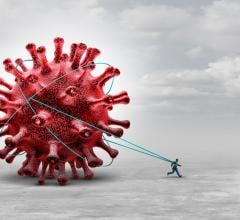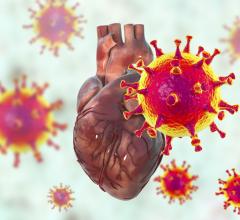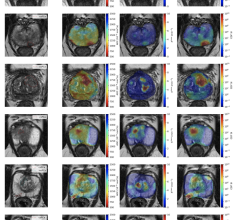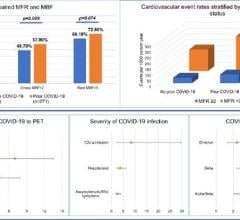
Kartik Balachandran Image credit: University Relations
April 6, 2022 – The National Institute of Health awarded $436,642 to associate professor of biomedical engineering, Kartik Balachandran, to study the downstream effects of acute respiratory syndrome coronavirus 2 on the aortic valve. Specifically, Balachandran hopes to gain a deeper understanding of the cause-and-effect relationship between the infection and heart valve pathology.
Acute respiratory syndrome coronavirus 2, known as SARS-COV-2, is the virus that causes COVID-19, similarly to the way HIV can lead to AIDS. As the name implies, SARS-COV-2 usually attacks the respiratory system through the lungs. But it’s been apparent since the pandemic began that there are other comorbidities associated with COVID-19, especially related to the heart, including myocarditis, arrhythmias and cytokine storm.
A cytokine storm is when an immune system response to the infection results in the bloodstream being flooded with inflammatory cytokine proteins, which can damage organs and tissues.
One area Balachandran will examine is the role of angiotensin-converting enzyme 2, or ACE2, which appears to play a part in mediating the path of SARS-COV-2 into lung host cells. Elevated levels of ACE2 have also been found in damaged heart valve tissues, and it’s unclear if excess ACE2 on heart valves can create a pathway for infection. That’s one of the questions Balachandran hopes to answer.
“Everybody’s rightly focused on the lungs,” Balachandran noted. “They’re looking at how COVID’s affecting the lungs. People can’t breathe. They have to go on ventilators. But there's this whole other area [the heart] that hasn't received enough attention, and so that's where I'm hoping this project can provide some insight.”
Balachandran intends to do this by creating what he calls a heart valve-chip. Described as an “organ on a chip,” these small, three-dimensional chips – roughly one inch by two inches - will simulate the structure and mechanics of human valve tissues. The valve-chips will be created by building up layers of proteins, like collagen and elastin, until they’ve reproduced the functional complexities of living organs. Then the chips will be enclosed and have channels for fluid to flow through, simulating blood flow.
Balachandran’s proposal concludes that the project will be considered successful “when we have achieved an effective model for viral infection of valve-chips and have obtained quantitative data in whether diseased valve-chips are more susceptible to viral infection (as a function of ACE2) compared to healthy valve-chips.”

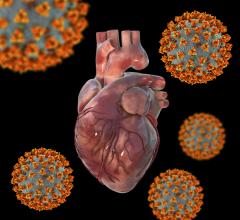
 March 20, 2024
March 20, 2024 
